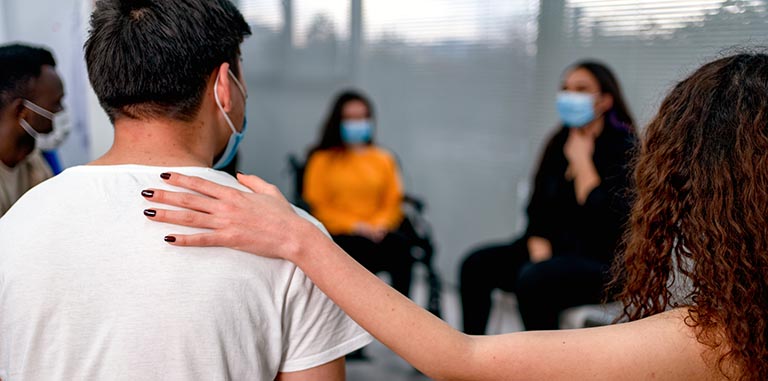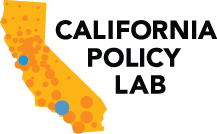
San Francisco’s juvenile caseload is at historic lows, but racial and ethnic disparities are at historic highs and Make it Right is a strategy to reduce these disparities.
Background
The San Francisco District Attorney launched Make It Right (MIR) in 2013. It offers individuals aged 13 to 17 who are accused of certain felony offenses the opportunity to participate in “restorative community conferencing” in lieu of traditional prosecution. A randomized controlled trial (RCT) design was employed as an equitable way to determine who receives program services in a non-discretionary manner and to allow a rigorous evaluation of the program’s effectiveness.
Research Project
Status: complete
Through this project, CPL evaluated whether juveniles referred to MIR are less likely to have subsequent contact with the juvenile and adult justice system in San Francisco than juveniles who are prosecuted.
The evaluation also included a process analysis to assess changes in program implementation and whether these changes have any relationship to program completion.
Research Team
Professor Steve Raphael (Co-Principal Investigator), Professor Yotam Shemtov (Co-Principal Investigator), Alissa Skog
Results
Policy brief: The Impacts of the Make-it-Right Program on Recidivism
Journal article: Can Restorative Justice Conferencing Reduce Recidivism? Evidence from the Make-it-Right Program![]()
(Published January 2024 in Econometrica) Shem-Tov, Yotam, Steven Raphael, and Alissa Skog (2024): “Can Restorative Justice Conferencing Reduce Recidivism? Evidence from the Make-It-Right Program,” Econometrica, 92(1), 61-78. Supplemental Material
